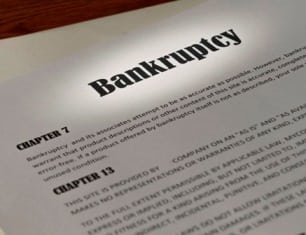
New Bankruptcy Law – 3 to 1 Year & “Safe Harbour” Benefits if a Business Reconstruction Expert is Appointed to a Company:
In December 2015 the Productivity Commission released its final report outlining the following recommended reforms to the insolvency Law:
1. Changing the current three year default bankruptcy period to one year;
2. Introducing a ‘safe harbour’ for directors if they appoint a restructuring adviser for a company in financial difficulty with a view to implementing turnaround plan.
3. The advisor would be registered with at least 5 years’ experience as an insolvency practitioner;
This will presumably:
1. Introduce a new defence for directors accused of insolvent trading where they have appointed a restructuring adviser to generate a turnaround plan;
2. Make the clauses, which permit the termination of company agreements when a bankruptcy or insolvency event occurs (“ipso facto clauses”), unenforceable during the period when a company is undertaking a restructure; and
3. Might extend to expert restructuring advisers to protect them from the risk of being considered de facto directors during this restructuring period.
With the right financial advice directors can make superior and well educated choices to prevent winding up, potentially resulting in better outcomes for creditors and potentially reducing the company’s risk of similar issues in the future. This can only really be successful if it is aided by the protection of the newly proposed safe harbour provisions.
The Federal Government is expected to release a proposal paper outlining the specific changes early this year with the intention to introduce legislation in mid-2017.
Benefits of Reforms for Small Businesses
1. Reducing the bankruptcy period will allow entrepreneurs to re-enter the business world after one year as opposed to three.
2. Ipso facto clauses in agreements will no longer be an obstacle for restructuring businesses. This means businesses can maintain their regular contract work to facilitate the flow of income, whilst seeking financial assistance during a restructure, preventing the risk of stagnant funds on termination of agreements.
3. Safe Harbour provisions will provide scope for directors to manage company affairs, enabling solvent but struggling companies to explore restructuring as an avenue to company stability.
4. Allowing scope for error to new start-up business investors who would previously be reluctant to take on roles as directors because of the risks associated with unintentional breaches of insolvency law.
